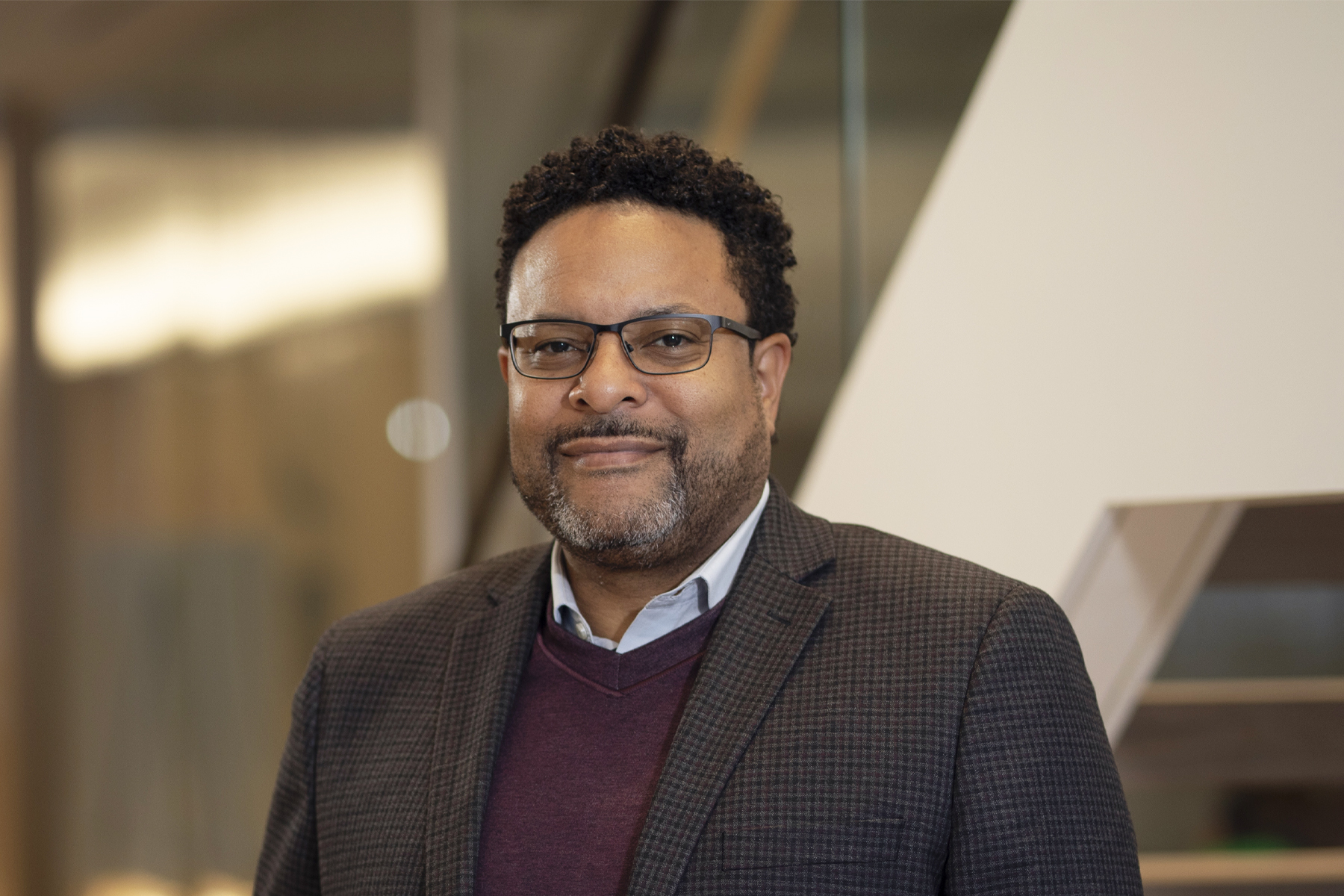EY refers to the global organization, and may refer to one or more, of the member firms of Ernst & Young Global Limited, each of which is a separate legal entity. Ernst & Young Global Limited, a UK company limited by guarantee, does not provide services to clients.
How EY can help
-
Our Government & Public Sector practice provides a full range of consulting, strategy, tax and audit services.
Read more
Whether to enable more regular employee check-ins or to make it easier to complete required tasks at critical moments in the employee journey, more personalized, intuitive technology can positively transform the experience of faculty and staff located anywhere. And in a world where significant power has shifted from employers to employees, higher education technology that is engaging, enabling and aligned to meaningful “moments that matter” along the employee journey could very well make all the difference in attracting, engaging and retaining top talent — the lifeblood of any institution.
The EY People Advisory Services (PAS) practice recently sat down with 11 HR and IT executives from 10 leading higher education institutions*. The eye-opening insights we gleaned during these interviews reveal key successes and challenges relative to digital transformation, with implications for those serving in higher education.






